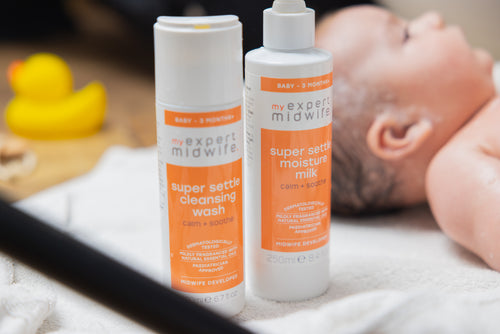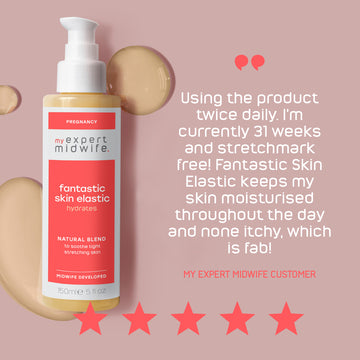Author: Debs Neiger Independent Midwife.
You are pregnant. Now what? You likely will go to see a midwife to get ‘booked in’ for your maternity care.
You are probably asked a LOT of questions about your health, family history, plans and social circumstances.
You will be given a LOT of information, you are probably booked in for scans and follow up appointments and most likely you go along with the recommendations for care given.
But is this the pathway of care you would really like for your pregnancy? Possibly!
Is it what is likely to give you the best outcomes in terms of your and your baby’s mental/physical and spiritual health? Depending on the offerings of your local NHS trust, possibly not.
You might feel obliged to follow the local maternity care pathway. And you might be ‘told off’ or felt ‘naughty’ for NOT following advice or making your own choices that are different to the guidance you received from your HCPs.
Many of us have been there.
What if I told you that YOU hold all the power in what kind of care you would like to access and that you also hold the power to decide what you DON’T want? EVERYTHING is optional. Your maternity care is a service offered to you, and you can cherry pick which bits of the service you feel would serve you well. It is THAT simple.
But I hear you ask, is this not dangerous? Do midwives and obstetricians not know what is best for me and my baby? How will I know what I need and don’t need? What is the point of maternity care if not to give the highest level of safety with regards to me and my baby?
Those are all very good and reasonable considerations... but I think it is important to realise that guidelines are generally drawn up to achieve the best outcomes for the greatest number of people, which is excellent at a population level. However, those guidelines may well not lead to the best outcome for you as an individual. We know that individualised care from HCPs who know you and your circumstances well, not a cookie cutter approach leads to happier mothers and better experiences. So how can you tailor your care to your specific liking and need?
Well, by making conscious decisions about your care and picking carefully from the menu of care options available and offered to you.
Before your baby is born:
- Blood tests: you are fully in charge of whether you would like blood tests and which ones. You might prefer to have some but not others. It is perfectly fine to pick and choose, your midwife will be able to tell you what is offered to at which gestation and why.
- Appointments/consultant: Which appointments you would like to attend and which you would rather not have booked is completely up to you. Conditional care (such as: ‘You will have to see the consultant to be able to have your homebirth’) is not acceptable.
- Growth monitoring: You will likely be offered monitoring of your baby’s growth on a chart, either determined by fundal height measurements or by growth scans. This is mostly to screen for babies not growing as well as expected, as we know that those babies do less well than babies growing as expected. You decide if you want your baby’s growth charted or not. Some people prefer not to as the margin of error with fundal height measurements and scans can be substantial.
- Choosing place of birth: You choose. However, there may be circumstances that make you change your place of birth. This ought to be because YOU have considered all the pros and cons of birthing at home, rather than due to lack of support of coercive care from your HCPs. Unfortunately, currently in the time of pandemic it might be hard to get midwives out to attend your homebirth, but this does NOT take away your right to birth your baby at home if you wish.
- GTT (glucose tolerance test): You decide whether you would like to have this test or not. Again, not having this test cannot be used to withdraw support for your choices.
- Induction: Inductions are an offer. Often they are offered simply because your pregnancy has lasted longer than your local NHS trust feels is normal and appropriate. Sometimes they are offered because there are concerns regarding either your health or your baby’s, and an earlier birth may lead to a better outcome for either of you. You will be able to weigh up the advantages and disadvantages of induction for your own individual circumstances and decide if you would like to accept the offer of induction or not.
This list is not exhaustive and does not cover every eventuality, but it does remind you that you have FULL autonomy over your own body, always.
The bottom line is, YOU ARE THE BOSS OF YOU.
It is never ok for anyone to make you feel bad for the choices you are making (including your midwife or doctor), but be prepared to consider why certain interventions are offered to you, so you truly understand what you are accepting and declining . Those considerations are sometimes difficult and might feel overwhelming, but it can be a very educational journey which leads you to truly proactively take charge of your experience.
Here are some more helpful links to more information and to aid your decision making further. AIMS’ publications and Sara Wickham’s books are very readable, balanced and evidence based booklets that are brilliant for researching your options:





